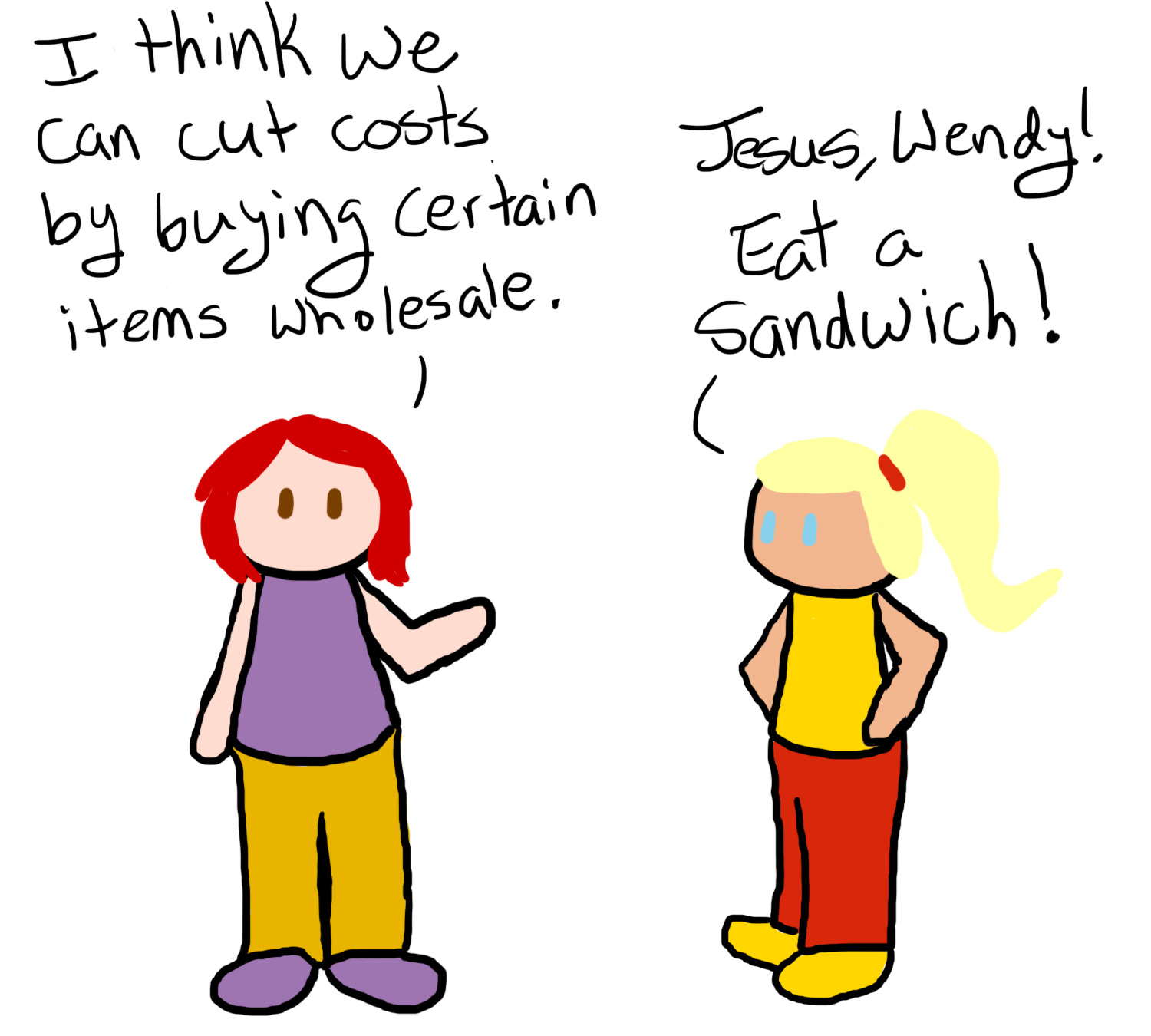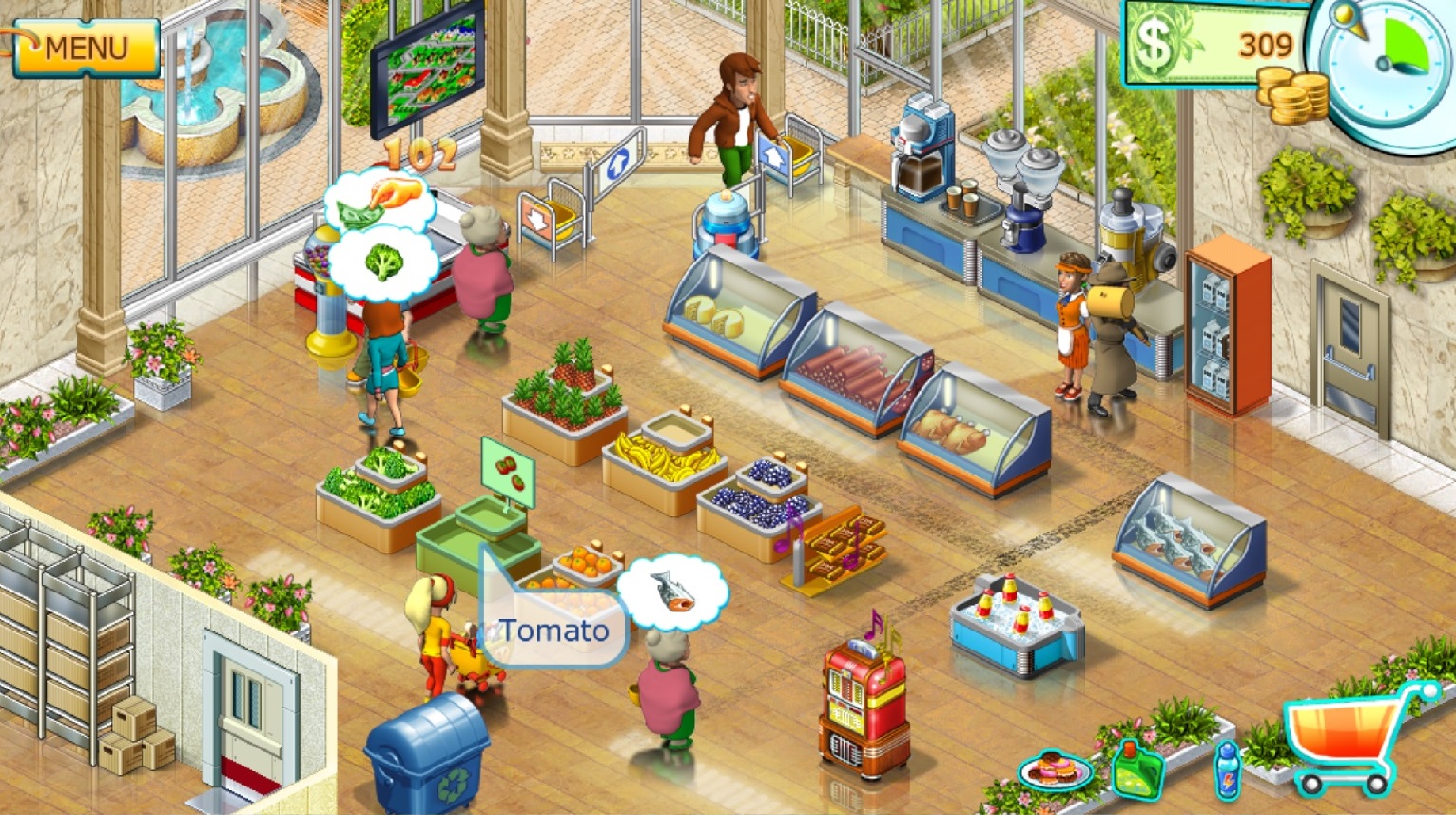I’ve been thinking a lot lately about the term “strong concept.” It is at once easily definable and as inscrutable as Big Foot’s daily schedule. What makes an idea a strong concept? I hope everyone will agree with me when I say: Every strong concept is an idea; not every idea is a strong concept.
Lately, due to developments that I can’t talk about yet (but OH BOY get ready!), I have been mentally poring through my seemingly unending list of book ideas and trying to figure out which ones can actually be made into a solid story with a beginning, a middle, and even an end.
Something I’ve come to understand is that I often have ideas for scenes that really rock my socks, but just because I have a good scene in mind does not mean that there is a world outside of that moment. It doesn’t mean the characters in the scene are three-dimensional. One good scene certainly can’t carry an entire book. (Unless, I guess, that book was written by Stephenie Meyer. Even then, if I had been given the chance to edit Twilight, it would have turned out differently.)
For example, I have this one scene in my head. A woman walks into a PI’s office and enlists his help to find the man who is going to kill her… at some point in the future.
The backstory for the scene is in my head, too, so I guess it’s really two scenes. See, the woman has a very specific psychic ability–the first time (and only the first time) she touches someone, she gets a brief glimpse into that person’s future. She can’t control what she sees, how long the vision is, or even how far into the future she sees (could be a day, a year, ten years, or any other length of time). One day, she bumps into someone at a coffee shop and the glimpse she gets of his future is terrifying because she sees herself from his perspective as he’s about to stab her. By the time she recovers from this vision, the guy is long gone, and she only has a vague idea of what he looks like. Even worse, she can’t help but shake the feeling that he’d orchestrated that contact, like he’d known exactly what would happen to her and exactly what she’d see. Hence, hiring a PI to help her find him before he finds her.
But… then what? Who is this woman? Who is the PI? Do I even know how PIs work? I mean… I watched Jessica Jones and read The Dresden Files as well as Nora Roberts’ Hidden Star. So… no. No, I don’t know how PIs work. Do I know how to write a competent mystery? I mean… Hellbound has one. But I can’t say I went about constructing that particular mystery in a structured and logical way. Plus, the building blocks of that one were relatively simple. A mystery for adults? One that has to carry an entire novel and involves psychic phenomena? That might be out of my wheelhouse.
Is this a Strong Concept? Hmm… no. I don’t think so. Could it be? Okay, yes. It certainly could be. With some real work put into the setting, the characters (including the villain!), and the plot, I think it could transform into a Strong Concept. But right now, it’s an idea. And I’m not sure it’s an idea that merits the work it would take to make it into a Strong Concept.
Here are some questions I ask myself when I’m trying to determine if I have an Idea or a Good Idea:
- Why do I want to tell this story? Is there a message the events and characters I’m toying around with will send? Is there something that a stranger could gain from reading about these people and events? Some sort of anchor in the real world and the Human Condition? Along similar lines…
- Whom am I telling this story for? (It’s tempting to write an entire book just for myself that speaks to my own needs and grievances and hopes and dreams. But my biggest goal is to write for an audience, so if I find myself saying, “I want to write this for me”, I shelve the idea.)
- What are the characters’ personalities like? Are they more than just cardboard cutouts that I’m moving around from scene to scene?
- Can I write this book? Do I have enough knowledge and experience to make this story believable? Or will I come off as ignorant and incompetent as I attempt to play in a space I’m completely unfamiliar with?
Feel free to weigh in. What makes an idea a Strong Concept? And what makes you hit Pause and go back to the drawing board?




